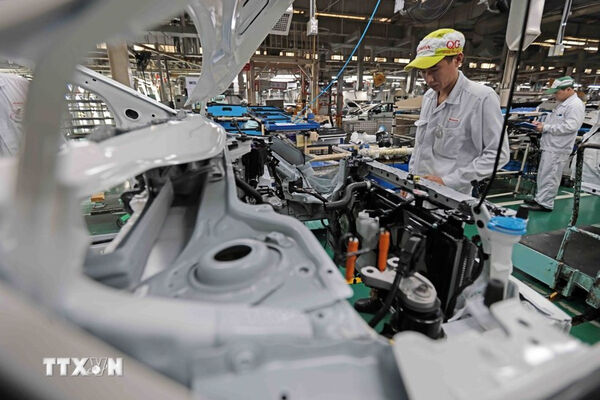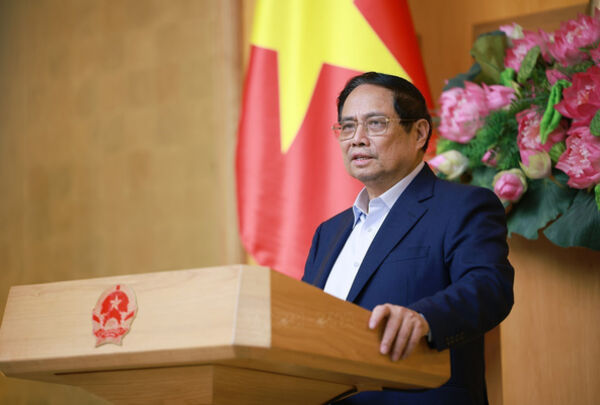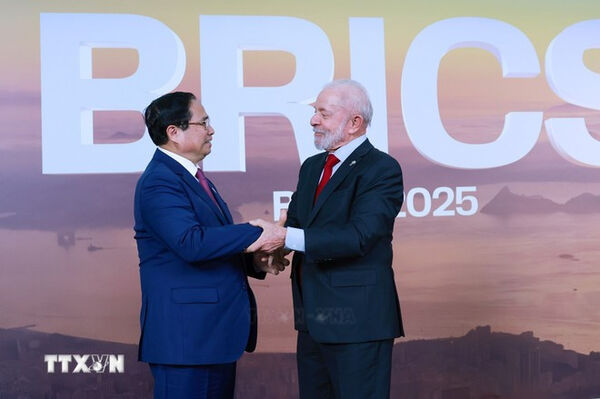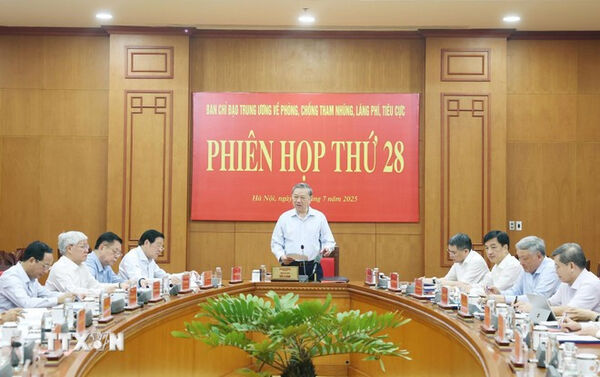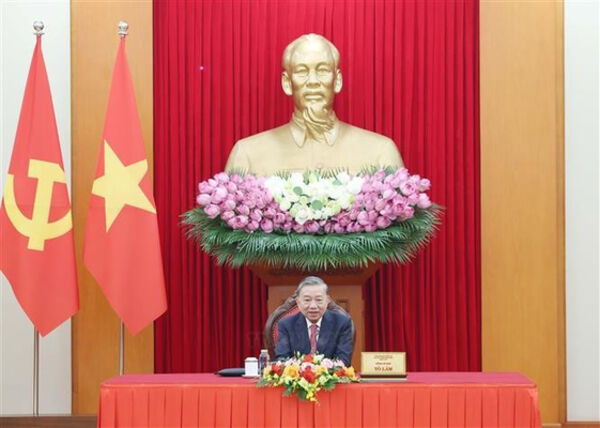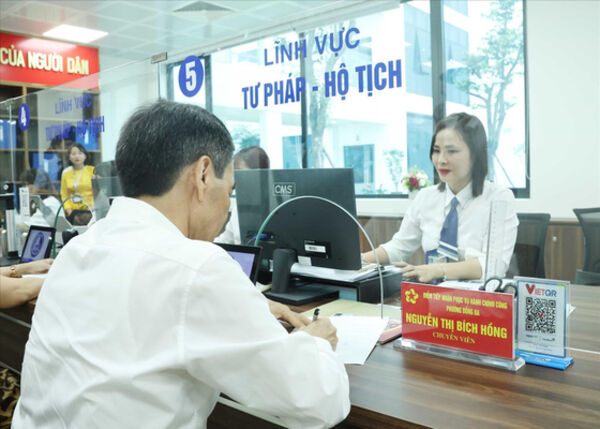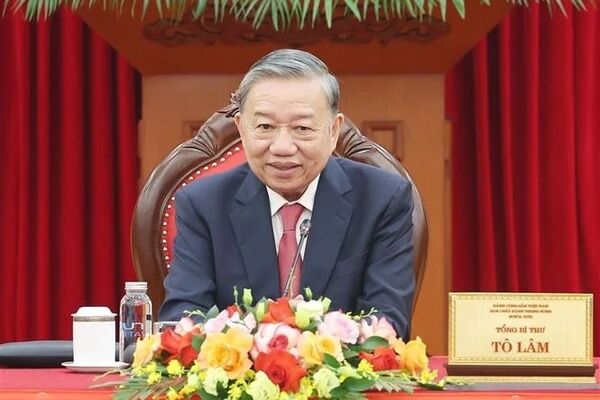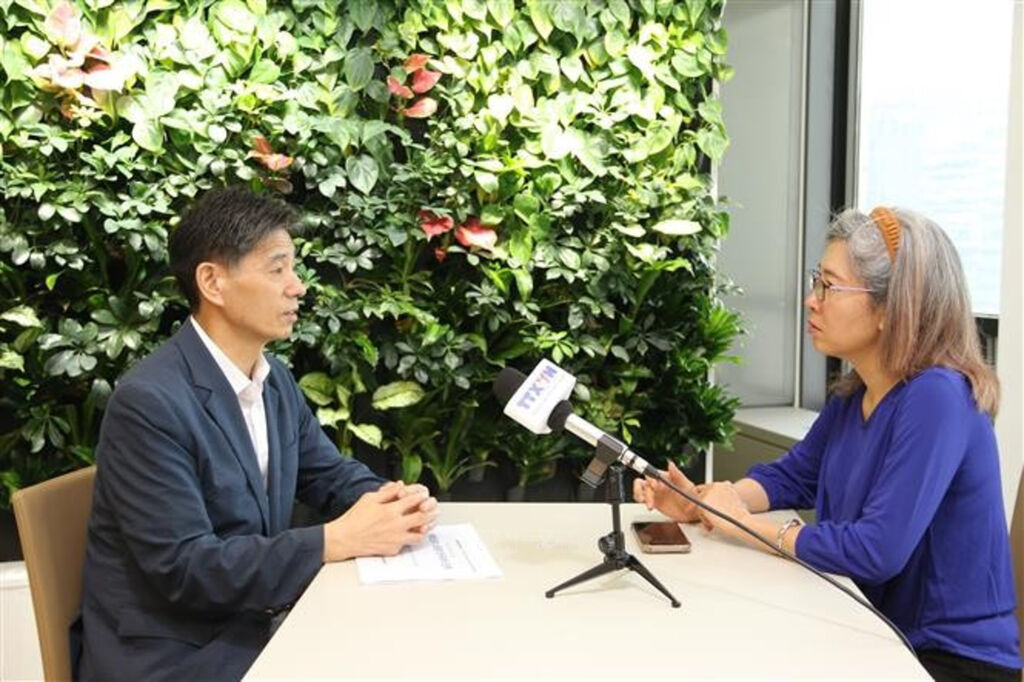 |
| Chairman of the Korea – Vietnam Economic and Cultural Association Kwon Seong Taek in an interview with the Vietnam News Agency's correspondent in the Republic of Korea. (Photo: VNA) |
Seoul (VNA) - The implementation of the two-tier local administration model, starting July 1, is an inevitable choice for the prosperous future and development of Vietnam, and a strategic reform aimed at improving administrative management efficiency and national competitiveness, according to Kwon Seong Taek, Chairman of the Korea – Vietnam Economic and Cultural Association (KOVECA).
Kwon assessed that this move is like turning the impossible into possible. The streamlining of local administration levels will not only have a significant impact on enhancing administrative efficiency and minimising financial budgets but also achieve the goal of building a digital government that the country has been pursuing.
He expressed his belief that with the merger and reduction of intermediary levels, the authority and responsibility of local administrations will be strengthened due to the expansion of administrative boundaries of localities.
With the expansion, the structure of provinces and cities has obviously become broader and more diverse, the KOVECA Chairman said, describing the boundary division as very reasonable and scientific from certain perspectives.
By reorganising the administrative system from three to two levels, with the district level removed, the authority and responsibility of commune/ward administrations will be strengthened, and efficiency will be improved, thus better serving citizens.
From the perspective of investors considering investment in Vietnam, the Vietnamese Government’s structural reform efforts aimed at internal renewal have instilled confidence among investors. However, Kwon noted that reforms always come with challenges.
The impacts of change during the development process are inevitable. Therefore, if adverse effects can be minimised and public consensus strengthened, the outcomes will be significantly more effective. As such, the fundamental elements that must be ensured at present include transparency standards, orderly procedures, enhanced engagement with the public, and an efficient, scientific management system./.
